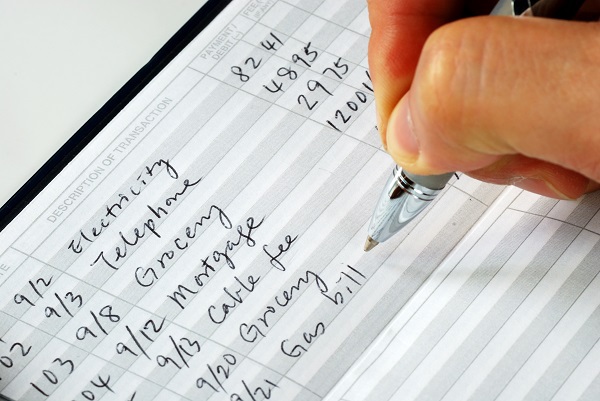Payable on death bank accounts allow a quick and easy transfer of money to a beneficiary upon the account holder’s death. To designate an account as a payable on death (P.O.D.), you simply fill out some forms with your bank indicating that you want an account to pay out to a named beneficiary when you pass away.
Pros of Setting Up a Payable on Death Account
Creating a payable on death account is quick and easy. Disposing of the account after the account holder’s death is quick and easy too. The beneficiary need only show the bank proof of his identity and the account holder’s death certificate. There is no need to go through probate court.
During the account holder’s lifetime, the beneficiary has no right to use or enjoy the money in the account. If you have a P.O.D. account, you can make any changes you want, such as spending the money, changing the beneficiary, or closing the account. Making changes is as easy as talking to your bank and filling out a form.
Banks usually do not limit the amount of money you can place in a P.O.D. account. If you have more than $250,000 in your P.O.D. account and other accounts at a single bank, you may want to ask your bank about increasing FDIC deposit insurance coverage.
Cons of Setting Up a Payable on Death Account
You cannot name alternate or successor beneficiaries to a payable on death account. This can be a problem if the beneficiary dies before the account holder and the account holder does not change the P.O.D.’s named beneficiary. The account may become part of the probate estate, possibly requiring court administration.
Incapacity of the account holder could create big financial problems. If the account holder becomes incapacitated and does not have a power of attorney, relatives will not have permission to access the P.O.D. account to use funds for the account holder’s care. The money will become trapped in the account until the account holder recovers or passes away. To access the money, relatives would need to try setting up a conservatorship.
Joint payable on death accounts can cause family disputes when one account holder changes the beneficiary after the other account holder dies. For example, a husband and wife could open a joint P.O.D. account payable to their only child after both spouses die. After the husband dies, the wife can change the beneficiary to her new husband, disinheriting the child. P.O.D. accounts limit the account holders’ ability to ensure their wishes are carried out. Account holders should consider using other estate planning devices to supplement a payable on death account.
Planning your estate? Angela Klenk, Esq. and the team at Beach Cities Estate Law couple personalized attention to your estate plan with big law firm experience for a winning combination to give you peace of mind. To schedule a case evaluation, visit Beach Cities Estate Law online or call (424) 400-2125.

